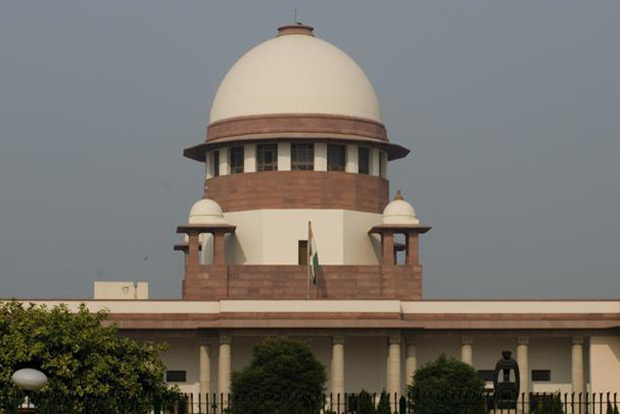Begin typing your search...
Citizens have right to internet access, rules Supreme Court
Citizens have a right to have internet access and banning advertisements on pre-natal sex determination on websites do not curtail such rights, the Supreme Court said on Thursday.

New Delhi
The court noted that search engines Google, Yahoo and Microsoft have accepted before it that they would not sponsor any such advertisements and would play a ‘cooperative role’ so that the law enacted by Parliament to prevent sex selection and enhance the sex ratio is ‘respected’.
These search engines told a bench headed by Justice Dipak Misra that they have never indulged in any such advertisement as contemplated under section 22 of the Pre-conception and Pre-natal Diagnostic Techniques (Prohibition of Sex Selection) Act, 1994, and nor do they have any kind of intention to cause any violation of the legislation.
Section 22 of the 1994 Act pertains to prohibition of advertisements relating to pre-natal determination of sex and punishment for its contravention. They told the bench that if the nodal officer, appointed by the central government, communicates to them regarding any offensive material posted on the internet which is in contravention of section 22, they would block it. “It is made clear that there is no need on the part of anyone to infer that it creates any kind of curtailment in his right to access information, knowledge and wisdom and his freedom of expression,” the bench, also comprising Justices A M Khanwilkar and M M Shantanagoudar, said. “What is stayed is only with regard to violation of section 22 of the Act. We may further add that freedom of expression included right to be informed and right to know and feeling of protection of expansive connectivity,” it said.
The apex court observed that “it is necessary to state that volumes of literature under various heads come within the zone of the internet and in this virtual world the idea what is extremely significant is only connect”. The bench also said it has recorded the concession of the Centre as well as the search engines so that sanctity of the Act is maintained and there is no grievance to anyone that his curiosity for searching anything has been scuttled.
“To elaborate, if somebody intends to search for ‘Medical Tourism In India’ is entitled to search as long as the content does not frustrate or defeat the restriction postulated under section 22 of the Act,” it noted in its order. During the hearing, Solicitor General Ranjit Kumar, who appeared for the Centre, said the government’s stand was very clear that search engines and websites cannot facilitate such advertisements.
Visit news.dtnext.in to explore our interactive epaper!
Download the DT Next app for more exciting features!
Click here for iOS
Click here for Android
Next Story



